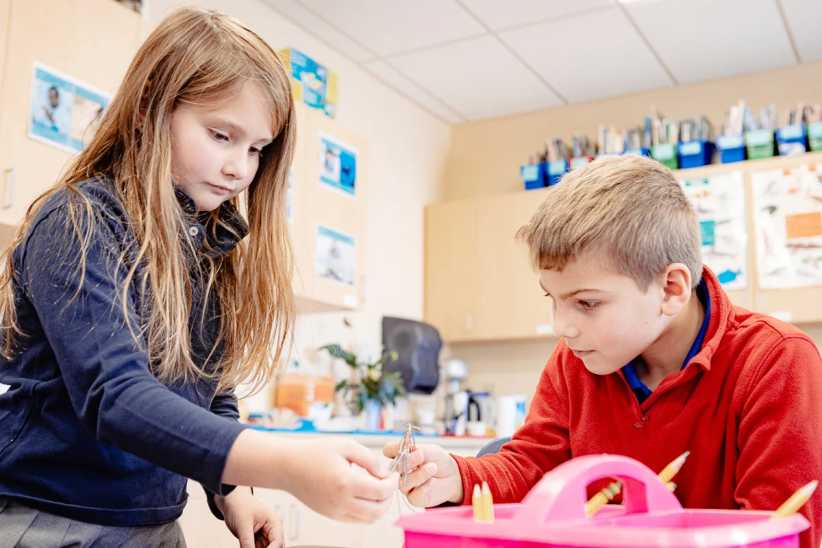
Having good organizational skills is very important for your child’s success in school and in life. Some people are by nature more organized than others, but anyone can adopt the routines and habits of organization. All you need is practice and consistency. To help your child get on the organized track, try these 10 strategies.
1. Conduct a weekly cleanup
Set one day a week as a “cleanup day.” On this day, have your child sort through book bags, notebooks, desk, locker, etc. Old papers and tests should be either thrown out or kept in a separate file at home.
2. Use a calendar
Help your child get in the habit of using a calendar where she can post assignments, tests, household chores, activities, and reminders. It is useful to make daily, weekly, and monthly reminders and to-do lists. Have your child cross completed items off the list once they’re finished. This will give her a sense of accomplishment.
3. Prioritize homework assignments
Before beginning a homework session, have your child number the assignments in the order in which they should be done. It is advisable not to start with one that is the longest or most difficult, but on the other hand, avoid saving the longest or hardest assignments for last. Assignments should also be numbered according to due date. Anything due the following day should be a higher priority.
4. Keep organized notebooks
Having a binder or three-ring notebook helps your child keep track of papers. Use dividers to separate materials and notes by class or subject. Dividers can be color-coded for visual organization. Each section should have paper to take notes and a folder to hold worksheets, notices, and other materials for each subject.
5. Designate a study space
Your child should study and do homework in the same place every night. This place should be quiet, with few distractions – not necessarily a bedroom, but that’s a good option. A desk area in your child’s bedroom is a perfect place for him to do his work.
6. Prepare for the day ahead
Before going to bed, your child should pack her backpack with schoolwork and books. Her clothes for the next day should be carefully laid out, including shoes, socks, and accessories. Having this done the night before cuts down on morning confusion.
7. Break down large assignments
It is helpful to break down large assignments into smaller, more manageable tasks. By doing this, your child will feel less overwhelmed and more motivated to get started. By adding the smaller tasks to daily to-do lists, your child will know where to get started when beginning a large assignment.
8. Create a household schedule
Try to establish a regular schedule for at-home activities such as dinnertime and bedtime. This will help your child get into a pattern at home. It is also helpful to limit television watching and computer play to specific times during the day.
9. Keep a master calendar
Hanging a wall-sized calendar for the household helps family members keep track of one another’s activities and avoid scheduling conflicts. It is important to list family commitments, extracurricular activities, days off from school, and major events at home and in school. Also note due dates for your child’s big exams and projects, so that you can help him with reminders.
10. Stop procrastination!
Procrastination is putting off or avoiding doing something that must be done. It is natural to procrastinate occasionally. However, excessive procrastination can cause anxiety and poor performance if the task is completed without sufficient time to do it well. Prioritizing tasks and planning ahead can help control excessive procrastination. Also, encourage your child to commit to completing a task once it’s started, and reward her when the task is completed.
Provide support while your child is learning to become more organized. Give gentle reminders about filling in calendar dates and keeping papers and materials organized. Help establish realistic goals. And most important, set a good example.
REGINA A. CORNELIO, executive director of Dynamic Life Skills, is a certified teacher and life-skills coach in Fairfield County, CT. 203-461-8833; www.dynamiclifeskills.net.




















